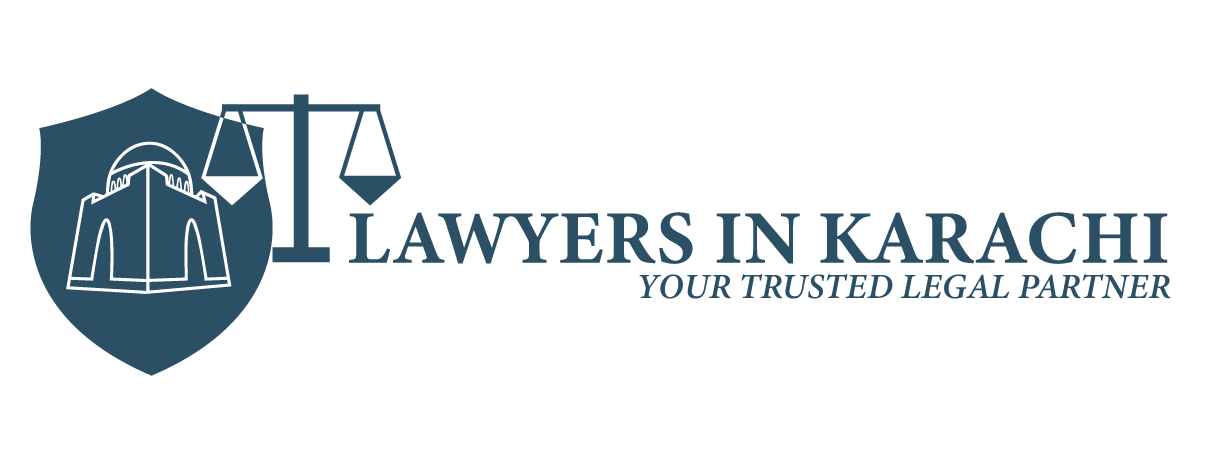Advocate Pakistan: Role, Responsibilities, and Legal Insights
The legal profession plays a vital role in any society, ensuring that justice is served, rights are protected, and disputes are resolved fairly. In Pakistan, advocates form the backbone of the legal system. Whether handling civil disputes, criminal defense, family law, or corporate matters, an advocate in Pakistan is a key figure who represents clients and ensures compliance with the law. This blog explores the role, duties, and importance of advocates in Pakistan while highlighting why their presence is essential in navigating the country’s legal system. Who is an Advocate in Pakistan? An advocate in Pakistan is a licensed legal professional who represents clients before courts, tribunals, and other legal forums. After completing legal education and registering with the relevant bar council, advocates earn the right to practice law. Their duties extend beyond representation—they also guide clients, draft legal documents, and provide advice on matters ranging from family law to corporate regulations. Types of Advocates in Pakistan The legal system in Pakistan recognizes different levels of advocates based on experience and the courts they can appear before: Advocate of Lower Courts: Authorized to practice in civil and magistrate courts. Advocate of the High Court: Licensed to appear before provincial High Courts after gaining required experience. Advocate of the Supreme Court: Senior advocates with significant experience who can represent clients before the Supreme Court. Specialized Advocates: Focused on particular areas such as family law, corporate law, taxation, or criminal law. This hierarchy ensures that only qualified and experienced advocates handle cases at higher levels of the judiciary. Role of an Advocate in Pakistan An advocate in Pakistan is not just a courtroom representative but also a protector of rights and justice. Their responsibilities include: Representation: Advocates present cases, argue on behalf of clients, and defend them in court. Legal Advice: They provide guidance on legal options, possible outcomes, and strategies. Drafting Documents: From contracts to petitions, advocates prepare accurate and lawful documentation. Negotiation and Settlement: Many disputes are resolved through settlements, where advocates negotiate terms favorable to their clients. Ensuring Fairness: Advocates help clients understand their rights and fight against injustice or exploitation. Importance of Advocates in Society The presence of advocates in Pakistan is critical for the functioning of the justice system. They bridge the gap between ordinary citizens and the complexities of law. Their importance can be understood in several ways: They safeguard fundamental rights guaranteed by the Constitution. They help businesses operate legally by advising on compliance and contracts. They provide families with solutions in sensitive cases like divorce, custody, and inheritance. They ensure that criminal trials are fair by defending the accused and prosecuting offenders. In essence, advocates act as guardians of justice, ensuring balance and fairness within the legal framework. Becoming an Advocate in Pakistan To become an advocate in Pakistan, one must: Obtain a law degree (LLB) from a recognized university. Complete practical legal training under the supervision of a senior lawyer. Pass the bar examination conducted by the respective provincial bar council. Enroll as an advocate and obtain a license to practice law. The journey requires dedication, strong analytical skills, and a commitment to serving justice. Challenges Faced by Advocates in Pakistan While the role of advocates is crucial, they often face challenges such as: Overburdened courts and lengthy case proceedings. Pressure to balance client expectations with legal limitations. Financial difficulties in the early years of practice. Navigating evolving laws and changing judicial interpretations. Despite these challenges, advocates continue to play a central role in upholding the rule of law in the country. Advocate-Client Relationship Trust and confidentiality are at the heart of the advocate-client relationship. Advocates in Pakistan are bound by professional ethics, which require them to: Maintain confidentiality of client information. Provide honest and clear advice. Avoid conflicts of interest. Act in the best interest of their clients. This ethical framework strengthens the integrity of the legal profession and ensures that clients feel secure when approaching advocates for help. Why You Need an Advocate in Pakistan For many people, dealing with the law can be overwhelming. Engaging an advocate in Pakistan ensures: Proper representation in courts. Legal documents that comply with statutory requirements. Protection of personal and financial rights. Guidance in complex situations like property disputes or criminal charges. In short, an advocate simplifies the legal process, providing both protection and direction. Conclusion The role of an advocate in Pakistan extends far beyond the courtroom. From advising clients to defending rights and ensuring justice, advocates are essential pillars of the legal system. By choosing a qualified and experienced advocate, individuals and businesses can navigate the complexities of law with confidence. The advocacy profession not only supports the judicial system but also strengthens democracy, fairness, and justice across society. An advocate in Pakistan is more than a lawyer—they are defenders of rights, promoters of justice, and guides through the intricate pathways of law.



